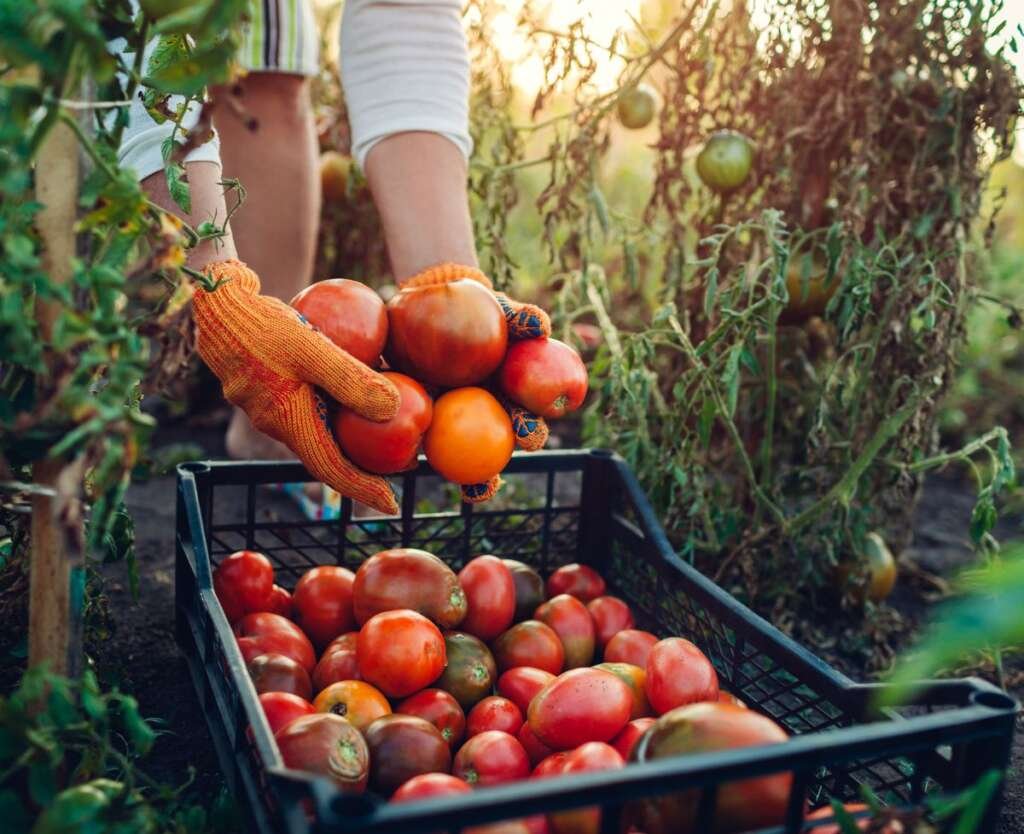Whether you’re looking to grow your own tomatoes or want to expand into chicken and goat raising, hobby farms are an excellent way to do both from your backyard. Creating a hobby farm is an investment, so ensuring you’re adequately prepared is essential. Fortunately, we’ve put together a short list of things to keep in mind as you build your farm.
Start Small, Then Expand
If you’re interested in creating a backyard hobby farm but are still shaky on where to begin, start small. We know the prospect of raising chickens and growing your own food is exciting. We also understand that, because it’s exciting, it’s easy to fall into the trap of taking on too much too soon.
You might even have the urge to buy a chicken coop, build veggie planters, and install a full-fledged irrigation system in one go. But trust us, this isn’t the best strategy. Instead, focus on one small project at a time. As you continue working on new things, your farm will inevitably expand.
Be Diverse With Your Products
Knowing that a small start is best is only half the battle. If you want your hobby farm to thrive, you should also understand the importance of diversity in your products. Perhaps you’re vegan and want all of your products to be plant based. If so, try growing various veggies, herbs, and even fruits.
Perhaps you’ve got a bit more acreage to work with, and you want to incorporate livestock so you can enjoy artisan eggs, butter, and cheeses. In this case, you could have chickens. But you might also consider raising a few goats for cheese, milk, and other dairy products.
Make Sure You Have the Right Supplies
Of course, the inevitable expansion of your hobby farm and the diversity of its products won’t mean much if you don’t have all the proper supplies to make it happen. Your list should include items like planters, plant food, and seeds.
If you plan on jumping into livestock raising, you’ll need to account for feed, enclosures, and anything else your animals require. You want to ensure you’re accounting for the less conspicuous things too. For instance, does your hose have a proper nozzle?
If so, do you have the tools and resources to repair your nozzle should it spring a leak or need repair? You may also consider acquiring a compost tumbler to reduce waste while making nutrient-rich fertilizer for your crops. Gardening tools, chicken wire, and tarps will likely be essential supplies to have on hand as well.
In any case, creating a hobby farm in your backyard is a gratifying and worthwhile endeavor. That said, it does require a bit of time, money, and effort. But planning for small projects, diversifying products as you expand, and having the right tools at your disposal can simplify the process.
